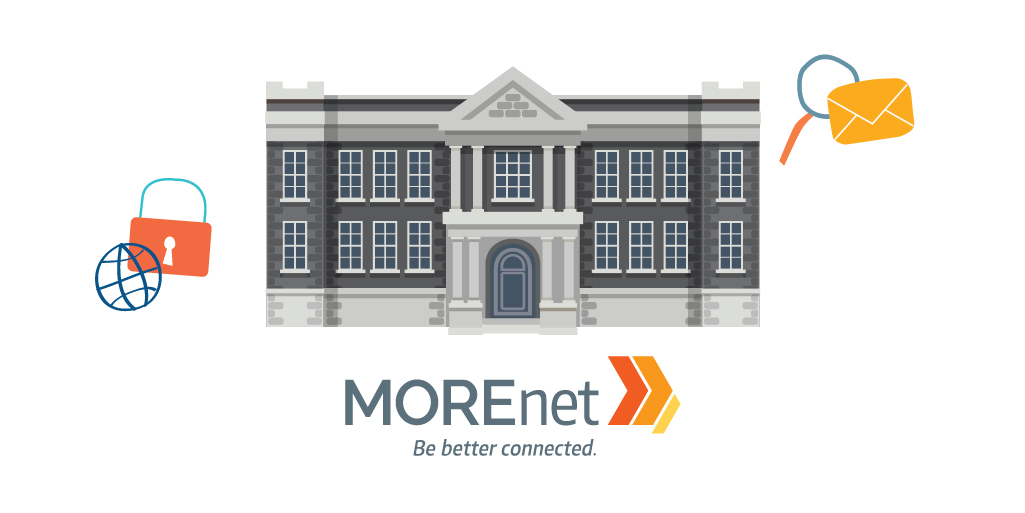
Backup and restore processes are a critical component of your business continuity and disaster recovery plans. In order to ensure that your process is successful and valid you might ask yourself some of these questions:
- What devices will be backed up? Servers, end user devices and mobile devices should be considered.
- What data is essential? Are you storing any sensitive or federally regulated data? (HIPPA,SOX, GDPR)
- How much data is there?
- Will you use cloud storage or physical storage?
- What are the costs involved?
- Have you developed a schedule for backups? Document your procedure. Consider when to do full or incremental backups. How much data is added day to day?
- Who will be responsible for the backup procedures?
- What is the privacy level of the data? Perhaps you should consider keeping local control of those backups.
- Do you have the data stored offsite as well as locally? Redundancy is important.
- Have you tried to restore data from your backups? Just because a backup appears to have completed does not mean that the backup is valid. A routine restore testing process should be implemented.
- How quickly can you restore your data? Business continuity is an important component of your disaster recovery plan. Can you get back to everyday business within an hour, a day, a week?
Incident response and disaster recovery can help your organization recover more rapidly and avoid unexpected costs if you do some work to prepare in advance of an unfortunate event. Identify your risks and procedures for recovery. Events can be in the form of natural and man-made disasters. In the end it will save time and money to have developed and practiced a plan.
Resources:
Data Backups: A Cheat Sheet for Professionals
Information about Business Continuity and Disaster Recovery Plans
